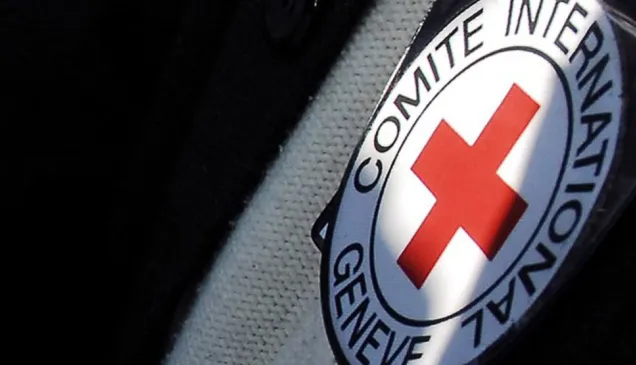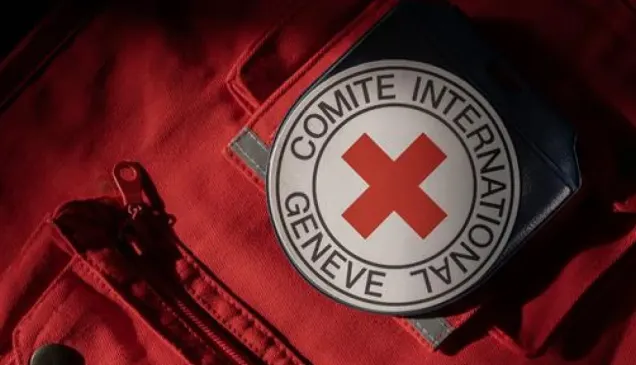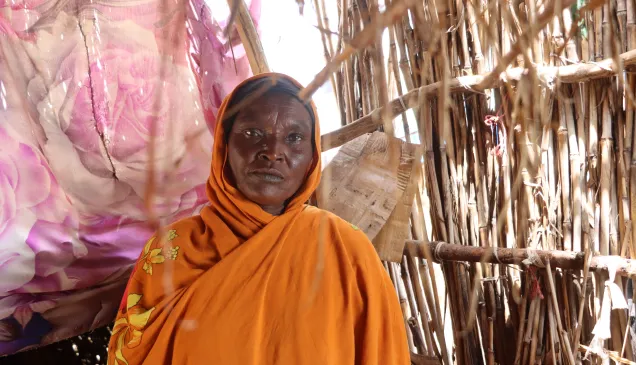Ministers, dear colleagues,
I will start with this frank assessment: in conflicts around the world, attacks on health care workers and facilities are continuing unabated and the impact on civilians is nothing but catastrophic.
Three years after the landmark UN Security Council Resolution 2286 and its recommendations for action were passed, the evidence of meaningful change on the ground is scarce.
Health workers in war zones report the daily realities of health care under attack: they talk of armed men in emergency rooms, ambulances blocked, lengthy bureaucratic procedures and equipment in drastic shortage – all of which cost people's lives.
Beyond the harm caused to patients, health workers and facilities, the current, and deadly, status quo also reverberates negatively on the influence of the Security Council who has passed this landmark Resolution.
It is extremely sobering, as Mark Lowcock has just said, the taboo that warring parties would not attack aid workers has been trashed.
Today's high-level discussion comes at a critical moment, for we need strong leadership, political will and determined action to restore this taboo.
The protection of the medical mission is at the origin of international humanitarian law and is a building block of our humanity: that anyone who is wounded or sick, irrespective of whether they are friend or foe, deserves to be treated with humanity; and that those caring for them should have special protection.
These universal principles are also the heart of professional medical ethics, which do not change whether in conflict or outside of conflict.
Attacks on health care are therefore attacks on the whole profession: whether in Paris or Peshawar, Berlin or Baghdad, New York or Niamey.
Health workers around the world understand this truth: they recognize, as they say, 'an attack on one is an attack on all of us'.
The ICRC has been building an international community of concern, bringing together organizations who represent 30 million health-care workers worldwide. They are mobilizing to help to influence and change military practice, domestic laws and safeguard hospitals at the national level.
Real change needs all of us to advocate and to act.
In this, the 70th anniversary year of the Geneva Conventions, the ICRC is calling on all States to reaffirm their commitments. And we are asking that beyond words, practical steps are taken.
Public health issues ensuing from war and violence cannot be dealt with only as health issues. They need a political environment in which professional and ethical solutions can flourish, and they need a fundamental change of behavior of belligerents in conflict and violence.
We must step up our frontline efforts to ensure respect for the law:
- Health services in armed conflict must be protected in a neutral humanitarian space and not be part of military strategies to defeat the adversary;
- Rhetoric and practices which exclude adversaries – for example those labelled "terrorists" – from basic health services must stop, the Minister and Mark have mentioned it before;
- Public health regulations must not be tainted by political and military considerations;
- Negotiations of humanitarian spaces including quality health services for all, based on needs, are essential;
- Greater respect of international humanitarian law through dialogue, operational engagement and diplomatic pressure is critical, given the dire impact of health crises in fragile contexts not only on individuals but on health systems overall.
The ICRC has identified five priority areas where more long-term efforts need to be exerted by States.
States that would like to see Resolution 2286 implemented should lead by example and start at home by adopting measures in these areas:
One, strengthening military doctrine, rules of engagement and practice, especially on ground movements, searches in health-care facilities, and military operations on land, air and sea in proximity of health-care facilities.
This must also apply to exerting influence over partners and allies: to ensure they take feasible precautions when targeting military objectives in populated areas to avoid, or minimize harm, to medical facilities.
Two, developing national legislation to safeguard access to and delivery of health care.
States should identify areas where their own practice, laws and regulations fall short of the international legal standards and the practical steps needed to secure access to health care for populations affected by fragility, war and violence.
Thirdly, training and support for health-care personnel and preparedness of health-care facilities. This includes capacities to negotiate humanitarian spaces by frontline operators and to ensure the specific challenges of the medical mission are well understood by all in theaters of conflict.
Fourthly, building robust, scientific evidence to develop better tools to prevent the violence from happening and mitigate its consequences.
We will not succeed in making progress if we fail to involve the affected healthcare communities. This is why the ICRC is working with public health researchers, city governments, ministries of health and national medical associations for insight into the ground realities.
Fifthly, changes of policies and behaviours to reaffirm the integrity of the medical mission, the priority of medical ethics, to prevent double standards - even in the most difficult circumstances - and to make violence on healthcare once again a taboo.
Ministers, dear colleagues,
Attacks on health care do not only have adverse effects on individuals in regions of armed conflict and violence. The problems we are facing today have negative impacts on health systems overall and beyond national borders, have become issues of regional and global concern.
The widespread disrespect of health care has become a global health and a global security issue. It demands more sustained attention from members of the Security Council, individually and collectively, and from the international community at large.
Thank you.



